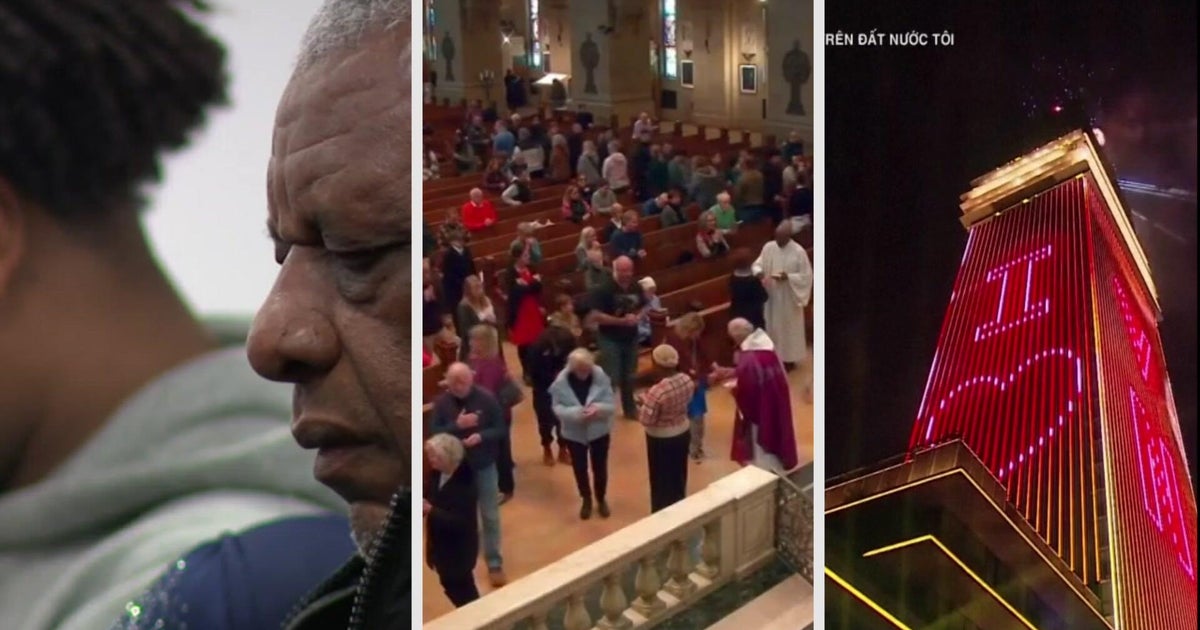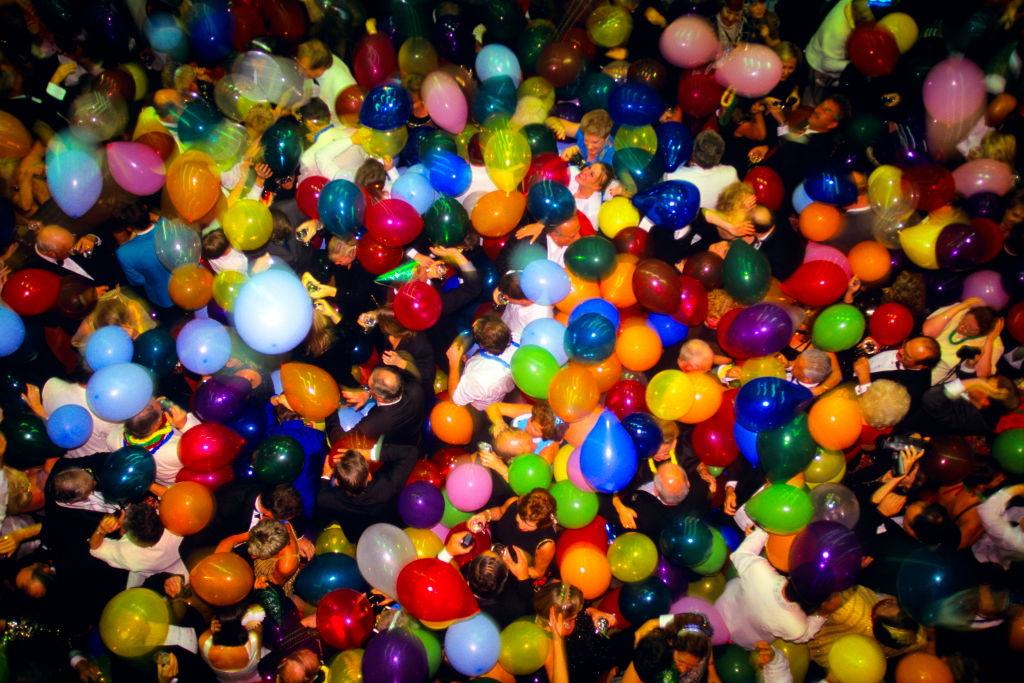Many New Year's Eve celebrations across the country canceled amid surge in COVID-19 cases
Across the country, states are breaking their single-day COVID-19 case records as cities prepare for New Year's Eve celebrations. On Wednesday, more than 431,000 new cases were reported, according to the Centers for Disease Control and Prevention.
New York state smashed its daily cases record with more than 67,000 new positive tests in just 24 hours — a 65% increase in one day.
The sky-high number of cases across the country has experts urging people to change their plans for New Year's Eve.
In a phone briefing on Wednesday, Dr. Anthony Fauci, the president's chief medical adviser, urged people to skip out on large gatherings this year.
"What I would suggest people do not do, is to go to very large 50-to-60-person parties where people are blowing whistles and all that sort of thing, and celebrating and you don't know the vaccination status of the people in that environment," said Fauci.
In the last week, hospitalizations increased 14%, with a seven-day average of 9,000 per day. Some of the most significant involve pediatric cases. Those hospitalizations are up nearly 50% in several states.
The surge in coronavirus cases, fueled by the Omicron variant, has pushed city leaders nationwide to significantly scale back or cancel New Year's Eve plans.
Atlanta's 32-year tradition, the "Peach Drop," has been canceled again. San Francisco scrapped plans for its fireworks show.
While the iconic Times Square ball drop will still be attended by thousands of partygoers, it will look drastically different than in past years. All participants must be fully vaccinated and masked, and there will be limited capacity to allow for more social distancing.
CDC Director Dr. Rochelle Walensky advised that precautions are essential for those gathering in small settings.
"Ideally, if people are coming together, you'd have everybody take a test before they gather if they were intending to take off their mask and if you have a large gathering, I wouldn't even take off your mask in that situation," said Walensky.
Despite the guidance, testing is still not readily available to everyone who wants it — leaving people facing long lines and empty store shelves.
Walensky continued to defend the CDC'S decision to cut isolation time from 10 days to five for those infected with COVID, without needing a negative test to end the isolation, saying in part the updated isolation timelines were more realistic for people to adhere to.



